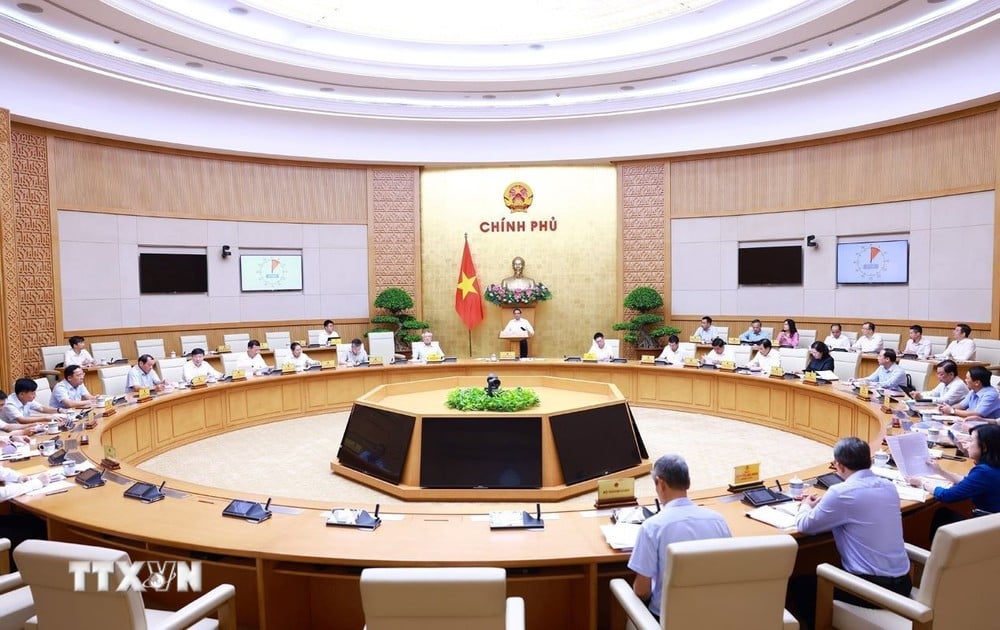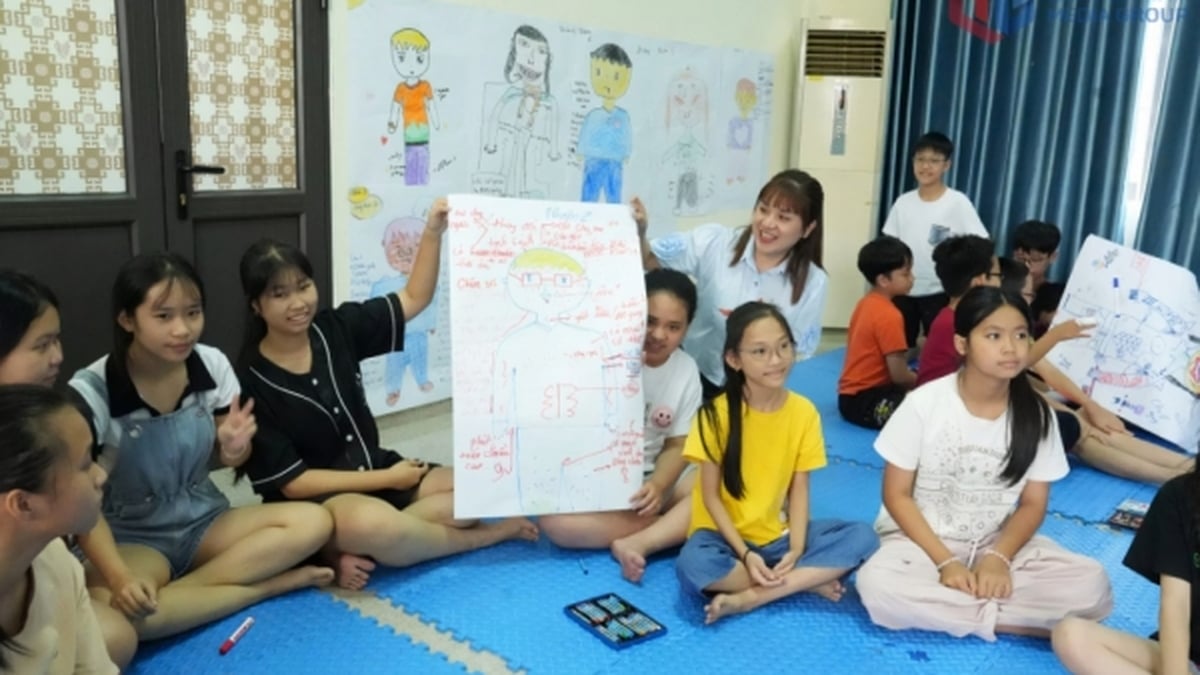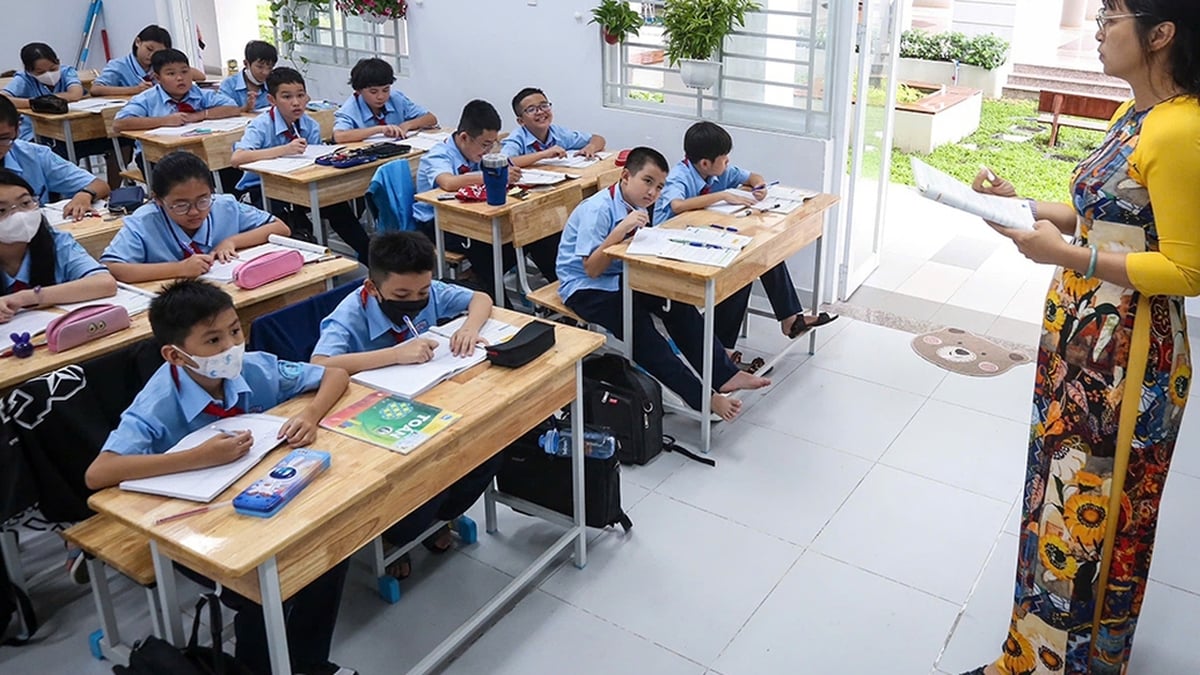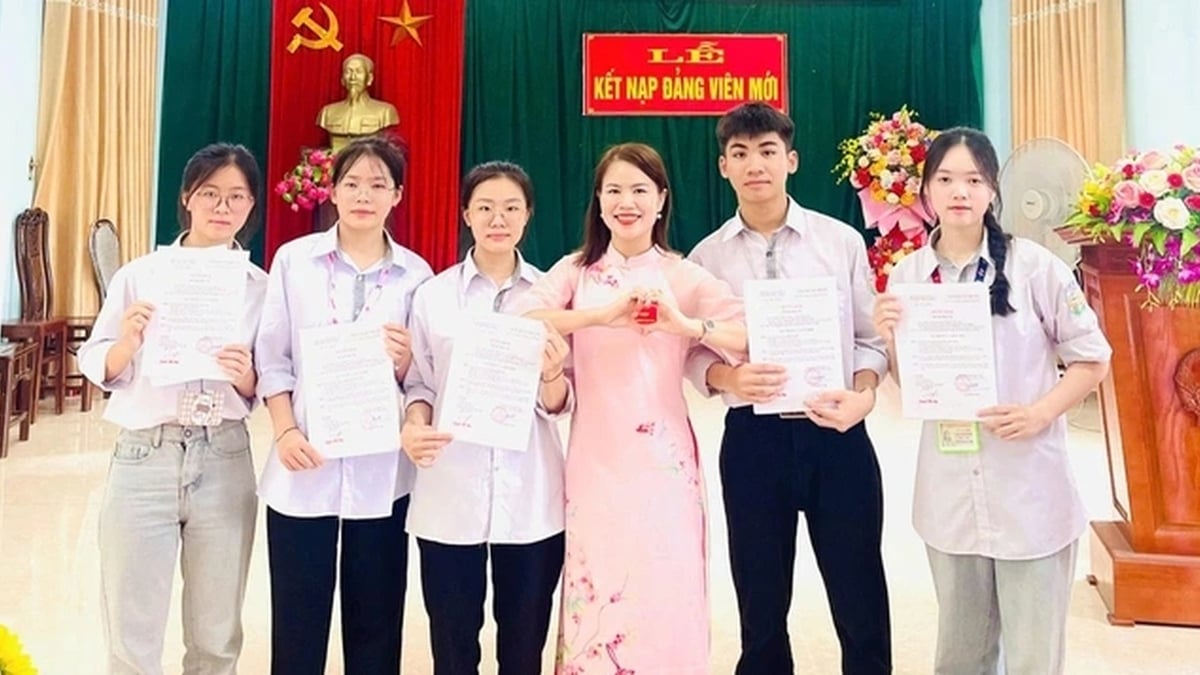
Deputy Prime Minister Le Thanh Long signed Decision No. 916/QD-TTg dated August 27, 2024 approving the Project "Developing human resources for legal advisory work to meet task requirements by 2030."
The Project "Developing human resources for legal advisory work to meet task requirements by 2030" (Project) is implemented within the scope of ministries, ministerial-level agencies and provincial People's Committees in provinces and centrally run cities.
The human resources for legal advisory work that this Project refers to are the staff and civil servants doing professional work at specialized units under ministries, ministerial-level agencies and provincial People's Committees.
Developing a team of 300 core civil servants to advise on law making
The general objective of the Project is to build a team of legal advisory staff with strong political will, good ethics, appropriate expertise, proficient professional skills, and a reasonable structure, meeting the requirements of building a democratic, fair, public, and transparent legal system, creating new momentum for the country's rapid and sustainable development.
The project aims specifically to create positive changes in awareness and responsibility in the leadership, direction and administration of ministries, branches and localities in law-making work; to strengthen discipline, order, prevent and combat corruption, negativity, group interests and localism in law-making work.
Perfecting legal regulations on recruitment, use, and management of cadres and civil servants; on attracting and promoting talented people, creating a basis for attracting talented people to do legal advisory work.
By 2027, ensure at least 70% and by the end of 2030, strive to have 100% of ministers, heads of ministerial-level agencies, Chairmen of People's Committees of provinces and centrally run cities directly direct the law-making work of ministries, branches and localities.
By 2027, 70% will be achieved, and by the end of 2030, 100% of officials and civil servants working in legal advisory work will be trained, coached, and updated with knowledge and skills in legal drafting to meet the requirements of the new situation.
Based on the assigned staffing, by 2027, ministries, branches and localities will build a team of about 200 civil servants (equivalent to 3 civil servants/ministry, branch and 2 civil servants/locality) and by 2030, strive to have about 300 civil servants (equivalent to 5 civil servants/ministry, branch and 3 civil servants/locality) with sufficient knowledge, outstanding capacity and experience to become the core force to train, lead and develop human resources to advise on law making at ministries, branches and localities.
Attract talented people to work as legal consultants
To achieve the above goals, the Project sets out 7 key tasks and solutions including: Innovation in thinking, raising awareness and responsibility in building and developing human resources for legal advisory work.
Continue to research, review and perfect legal regulations on recruitment, use and management of cadres and civil servants; regulations on attracting and promoting talented people in sectors and fields to contribute to ensuring the input quality of human resources working in law-making.
Attract, recruit and promote talented people to work as legal consultants.
Improve the capacity of cadres and civil servants working in legal advisory work.
Promote international cooperation and apply digital technology, information technology and other technologies of the Fourth Industrial Revolution in supporting law-making work.
Commend, honor, and reward typical advanced examples in legal advisory work, in order to motivate cadres and civil servants to promote their intelligence, innovate, be creative, and excellently complete assigned tasks.
Strengthen inspection and supervision of the Project implementation; conduct preliminary and final reviews to evaluate the results of the Project implementation.
Improve the quality of training and education
In particular, the Project emphasizes that the quality of human resources doing legal advisory work must be considered one of the breakthroughs to improve the quality of law making.
Therefore, the Project will develop programs, innovate methods, improve the quality of training and professional training for staff working in legal advisory work. Specifically, increase the amount of knowledge and skills in legal development in the training program on state management knowledge and skills according to civil servant standards; training programs according to the requirements of leadership and management positions.
Innovate methods and improve the quality of training and professional guidance for officials and civil servants advising on law making, enhance professional skills and political qualities. Training and professional guidance should be based on practical needs, handling issues arising in legal consulting work...
In addition, there is a policy to attract and employ talented people in the non-state sector to work as legal consultants in ministries, branches and localities.
Develop programs and plans for cooperation and association with domestic and foreign educational and training institutions to train and foster talented people to do legal advisory work according to the requirements of each agency and unit.
TB (according to VNA)Source: https://baohaiduong.vn/phat-trien-nguon-nhan-luc-lam-cong-tac-tham-muu-xay-dung-phap-luat-391489.html




































































































Comment (0)